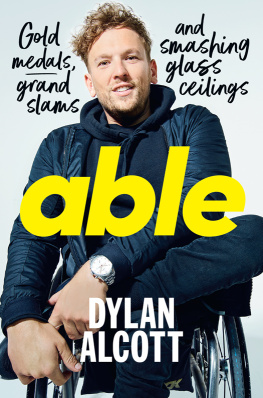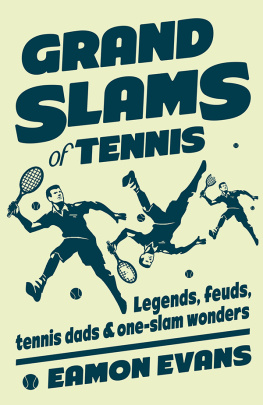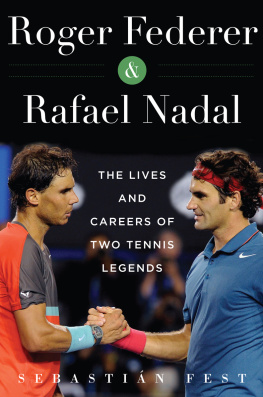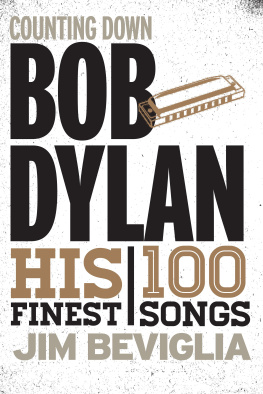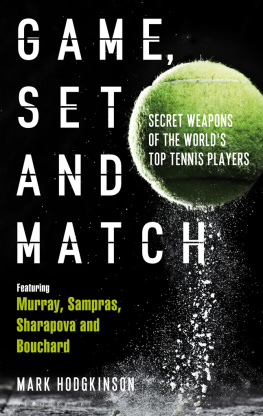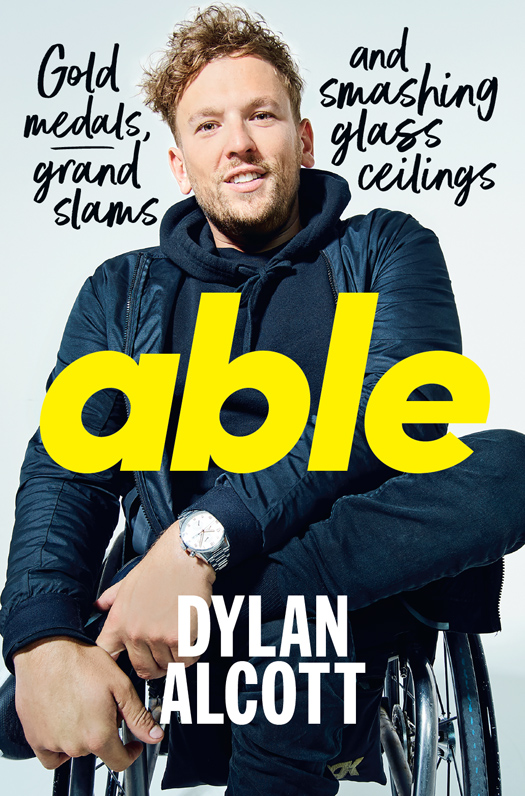contents
Guide
contents

For my family and friends, who always
supported me and pushed me to become the
person that I am today.
And for anyone who isnt proud of who they are
because of their difference, this book is for you.
THE EXPRESSION ON THE doctors face as my brother Zack wheeled me back into hospital on Wednesday, 24 January 2018, said it all. Id insisted on being released that morning, but I wasnt in much of a state.
It had all started on the previous Saturday. I should have been doing great. Id spent that morning hanging out and having a laugh with one of Hollywoods biggest names. On top of that, I was the face of a national TV and print campaign that was raising my profile to new heights. And I was prepared and ready to attempt a historic Grand Slam first in my hometown. Why, then, did I feel so lousy?
My head was killing me, I felt constantly on the verge of throwing up and everything ached. Im an elite athlete. I train for hours every day, pushing my body as far as it can go. I know what hurting muscles feel like. This was something very different. Something bad.
I felt even worse on Sunday morning but tried hard to ignore it. No way could I possibly give in to whatever this was, not when I was due on court at Melbourne Park in a mere three days to compete in one of the greatest tennis tournaments on the planet, the Australian Open. Record numbers of people were expected. So many supported me, I couldnt let them down.
When I finally took myself to hospital on Monday morning, the doctor told me a tiny cut on my leg had opened the way for the dangerous bacterial infection cellulitis. I need antibiotics, and fast. I tried to explain that I needed to be well, I had somewhere to be very soon. But I couldnt quite get the words out and as the drip went into my arm, I gave up and sank back into an exhausted sleep.
Tuesday was a blur, broken by nurses changing the bag on my intravenous drip and taking my temperature. Waking on Wednesday morning, I had to fight the urge to fall straight back to sleep again. In all honesty, I didnt know how I was going to get to the end of the corridor, let alone get through a tennis match against one of the best players in the world. But I knew I had to try, and somehow I made it to the Open and got through the match.
Now, just a few hours later, I was back in hospital in a much worse state, feverish and vomiting. Once again I was admitted and once again I fell into a restless sleep.
The following morning the doctor walked in to check on me just as I was preparing to swing myself out of bed and into my wheelchair. What do you think youre doing? he asked in alarm.
Im going back to the Open, I said. Either you take this drip out or I pull it out. But either way Im going now.
Whatever it took, I was going to be there. Id overcome the odd hurdle or two in my life already, so I wasnt going to give in now...
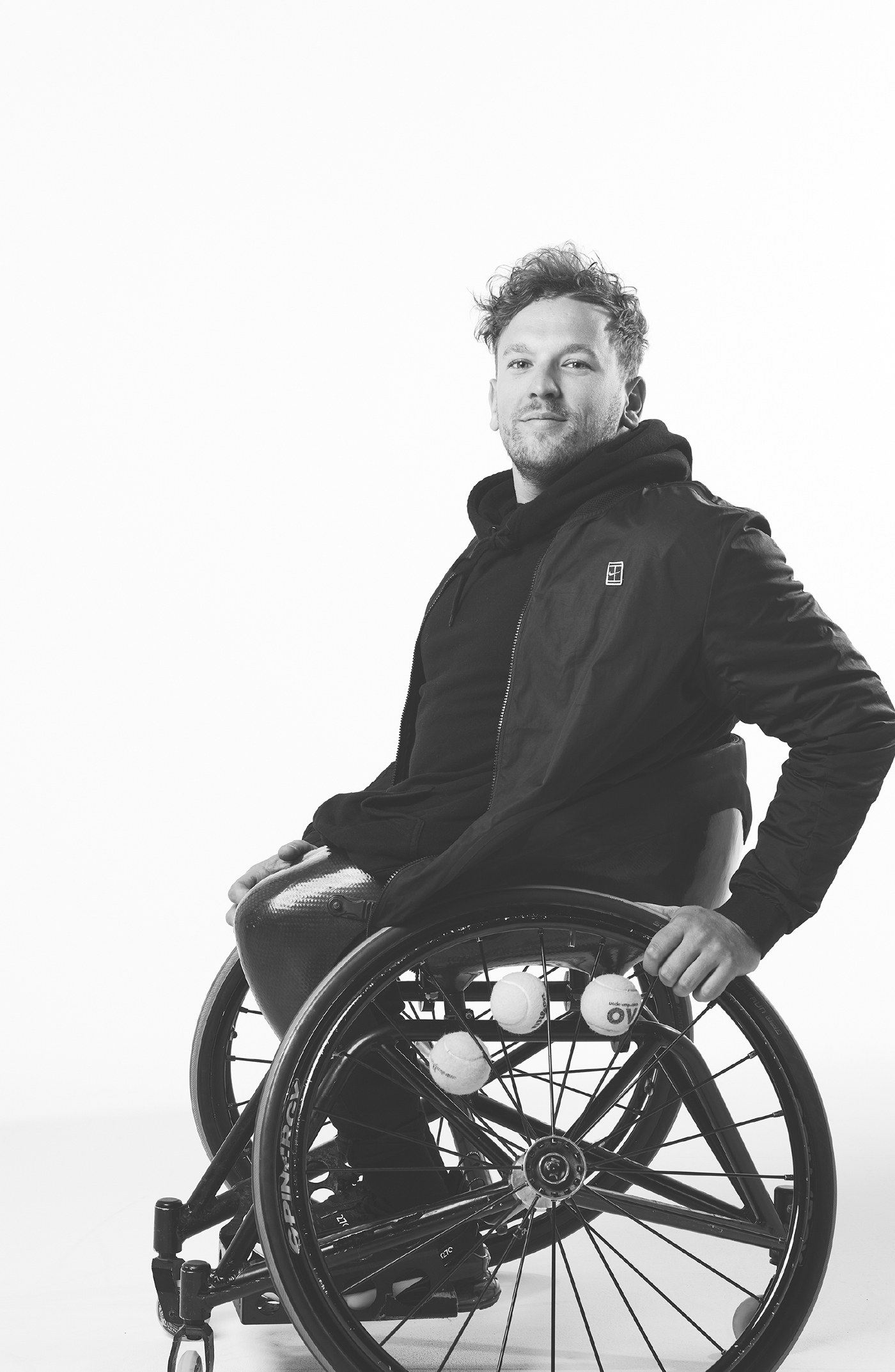
MY LIFE WAS SAVED by a woman who could have stepped straight out of a Roald Dahl story.
Until the moment I made my first appearance there was no indication that my life was in danger. Mums pregnancy progressed normally, and everything seemed just as smooth and ordinary as it had been almost three years earlier with my older brother, Zack. Well, maybe there was a bit more discomfort below her ribs, but nothing to write home about. And the ultrasound done at nineteen weeks didnt show any abnormalities. My legs werent moving around much, but no one worried too much about that.
In fact, even after I finally arrived, two weeks late and weighing a whopping 4.5 kilograms Ive always known how to make an entrance I seemed like a healthy baby, except for the strange bulge the size of a mans fist on my back. It looked like a lump of fat and the doctor who delivered me told my parents not to be too worried. Hed seen cases like it before and usually the lumps were harmless and simply fell away over time.
For a few brief hours on that morning of 4 December 1990, joy was the prevailing emotion. Relieved and happy, Mum and Dad were looking forward to taking me home. But soon everything changed, and they found themselves plunged into a nightmare all parents dread. A paediatrician broke the difficult news. This wasnt a simple cosmetic issue that would resolve itself. It was something much more sinister, something that would alter the course of all our lives.
***
Mum and Dad had met in Sydney seven years earlier. Mum was born in the Netherlands, where she gloried in the name Theresia Wilhelmina Franciscus Snepvangers. But she grew up in the little country town of Casino, New South Wales, where her name was unceremoniously shortened to Resie. In her teenage years she moved to Cronulla in the south of Sydney. She was running a successful hair salon when she met my dad, Martin, an up-and-coming sales and marketing executive. They were smitten and four years later they married.
My parents shared an optimistic and adventurous view of the world. As newlyweds starting their family, they moved from Sydney to Queensland and then on to Melbourne, where they made their home in a small cottage in Hampton, a quiet suburb beside Port Phillip Bay, about 14 kilometres southeast of the city. The plan was to stay for just two years and reassess, but Mum fell pregnant with me, and my birth changed everything.
If that fatty lump had been on my arm or leg it might well have been nothing to worry about. But its position indicated a very serious condition, the neural tube defect lipomeningocele. Neural tube defects happen when key parts of the nervous system, the brain and/or spinal cord, dont form properly in the womb. Spina bifida is the best known example.
With lipomeningocele, a tumour forms, either in the spinal canal or just outside it, and presses on the cord in a way that stops it growing as its supposed to. The tumour, made of fat cells, is called a lipoma. You know how, if you put a heavy rock on a patch of grass, the grass dies off, even though the rest of the lawn around the rock is fine? Well, that was what the tumour had done to part of my spinal cord.
There had been no similar problems in my extended family, and no one could tell my parents why this had happened (even now, nearly three decades later, medical researchers still dont know). All they could say was that it was a very serious condition that affected fewer than one in 10,000 babies in Australia.
As my true condition became apparent, Mum and Dad would need to dig deep. They rang Dads father, Kevin, a highly respected Sydney doctor, who confirmed that it was one of those things that can happen in foetal development, when cells are splitting at a fast rate in order to develop all those complex systems that make up the human body. One tiny glitch somewhere along the line can end up having far-reaching consequences, like one misplaced character in pages of computer code.
***
The day after I was born, I was moved from Sandringham Hospital to the Monash Medical Centre a few suburbs away. There I was put under the care of the larger than life neurosurgeon Miss Elizabeth Lewis (its a quirk of medical protocol that surgeons are known as Mr and Miss rather than Dr), a formidable figure who could have stepped out of the pages of a story.
Next page
